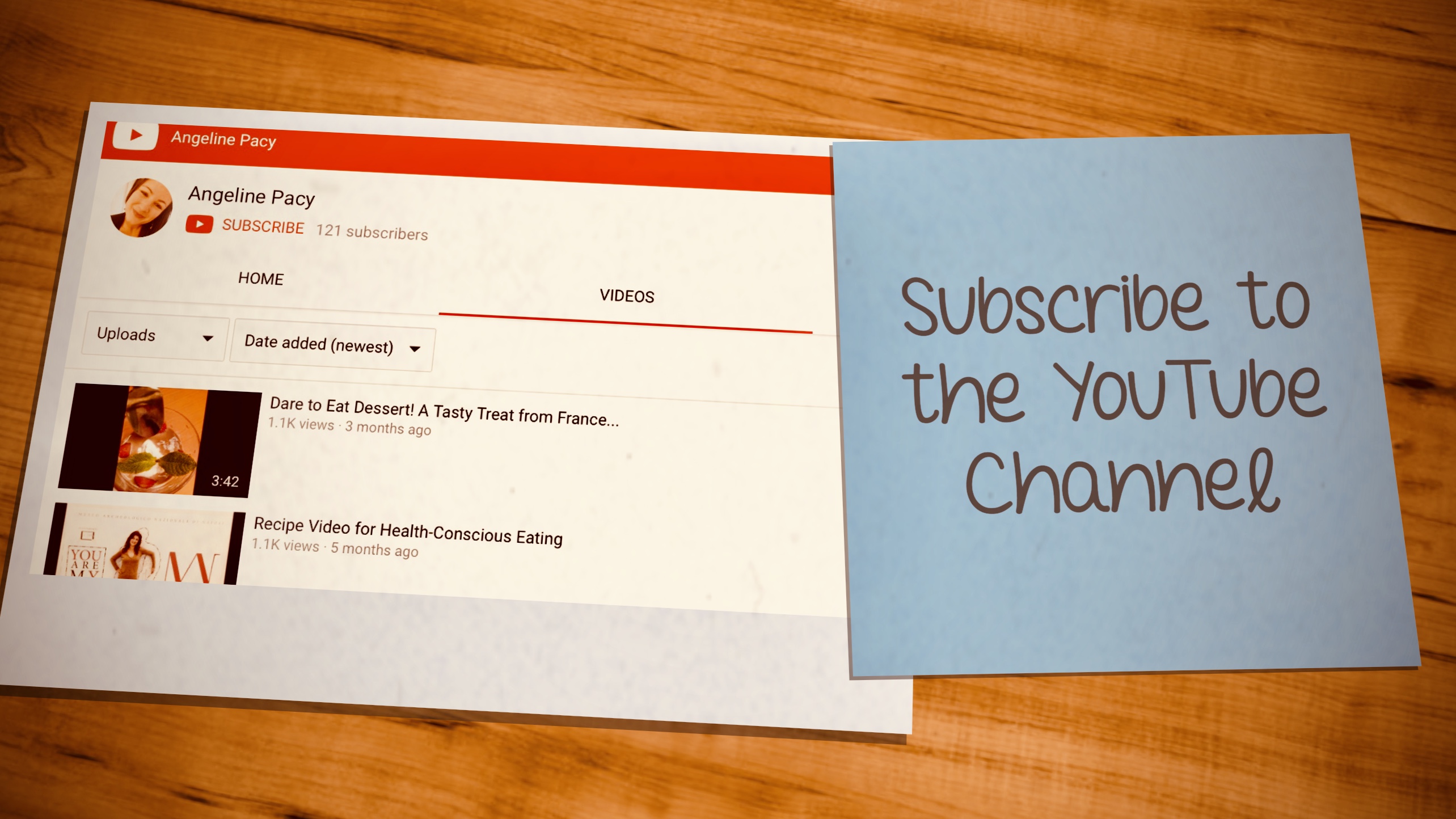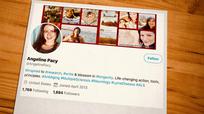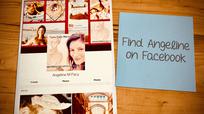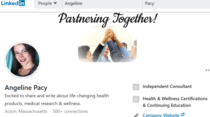A Look At Coping & Seven Tools to Develop Healthy Coping Skills (revised after rogue code removed)
by Angeline Pacy on 02/28/15
As an individual and society, we must regularly examine coping skills. They don't just impact you, they impact us all (because we live in community, as a society). In an age of growing violence, mass shootings, and public discontent, the open dialogue on healthy coping skills is of vital importance. To help people adopt a higher way of living, healthy coping skills are essential. Let's explore the context of coping skills and some very simple, practical tools to create a more beautiful world and self.
In order to make positive change, we must first evaluate some important barriers. Why do people freak out and blow up buildings? Or shoot up schools? Those are complex issues involving biological, psychological, and social systems. But, one common denominator often surrounds unresolved trauma and grief. Examples may include trauma from knowing too much about something controversial; being the victim of social injustice; a marginalized person; and unskilled in coping with it in healthy ways. Ultimately, coping can be summarized by adaptation or maladaptation (coping in healthy or unhealthy ways).
Danger in Using Denial as a Coping Skill
Some people only want to talk about superficial topics or, as McCartney sang it, "fill the world with silly love songs." I am willing to engage in the tough topics (and what I can do as an individual to make myself better, and lift up others when possible); I have 'courage to change.' You can too! We can face change and reality together to make a lasting difference in our own lives and in the world.
As the saying goes, we ALL need 'courage to change.' Denial is a coping skill that all humans use to one extent or another. Examples include avoidance behavior; some types of delusions; adopting excessive amounts of diversions; and closely-related excessive self-gratification to escape from reality.
In some situations, denial can be positive or it can be negative; it all depends upon how it is used. There is a difference between being positive and being in denial; but, the two concepts are often confused. Denial is a negative coping skill (errant) if it creates an unbalanced life or is punitive. Being overly positive is a maladaptive coping skill in some contexts, as it leaves people and situations that need support without the right resources or help. Covering up and dismissing tragedy, misfortune, and injustice, under the guise of positive pop-psychology, is a temporary coping skill but ultimately destructive (errant). It can be dangerous, isolating, and often perpetuates dysfunction.
In general, humans do have a very hard time owning up to reality. Perceptions of reality are complex. We are all often limited by a lack of experience outside of our personal bubble, and often subjected to bias in the form of propaganda (the messages that we are fed on daily television or through the clever brain-washing in the commercially-vested education system). What if the only reality we could face comes directly from giant corporate news sponsors? How sad! Some people have a small scope of human experience and others grander. But, we must not go into denial of all things outside of our limited human experience. This is another reason why we must continuously assess ourselves for poor or errant coping skills like denial (and ways to connect with the larger community, even marginalized people groups who we errantly have determined are unworthy of compassion or dignity).
An Appropriate Context for Denial?
There is an appropriate time and place for discretion and denial. Do you want to talk over supper about child pornography? How about a discussion on the definition of orgy sex with your young children? Some denial is ok, especially when developmentally appropriate. Denial can help us achieve milestones of success. Just don't live there, in a metaphoric suspended childhood, indefinitely, and expect the results to be good (for self or for society).
In ancient biblical times, the "tree of the knowledge of good and evil" was a metaphor for what it meant to have knowledge of a reality which correlated to greater human suffering (when we were once sheltered by ignorance). Talk to your kids about tough subjects as developmentally appropriate as possible. Perhaps, the apocalypse and end-of-ages prophesy isn't a great topic when you need to establish a sense of security in a fragile and developing mind?
But most importantly, help yourself and your children to develop good coping skills today. Instill a sense of security, not by lying or sheltering one another, merely palliating reality, but by reinforcing messages of peace, serenity, and hope in the face of obstacles and suffering. Then, we can face change together to create healthier lives and society.
Adaptation is Built Upon a Foundation
What one finds, after many years of life experience, is that the world can be a very dark place. My wise father used to tell me that unless you go into life consciously to bring it love, meaning, and light, there will be very little of it in our lives. Providing purpose and meaning to life, and teaching children to be a light in the darkness is not morbid: it's healthier than living in denial. The future of humanity rests upon living in reality, not denial (as environmentalists have warned for decades and dangerous power and nuclear arms races continue).
How can one develop healthy coping skills in the face of crisis? The best way is to not wait until there is a crisis. Don't wait until your health fails or to lose a precious job or family to develop healthier coping skills. Let’s do it today!
7 Steps to Developing Healthy Coping Skills
- Have a commitment to self-improvement.
- Have a mission and purpose to live for something greater than self, including the betterment of humanity.
- Build a thriving community and a healthy family around you (even if it is not a traditional, nuclear family like you imagine in fairy tales).
- Develop a strong sense of self, making sure to place your self-worth and identity outside of people, gender roles, and work/hobbies (which can and will change at any time). Knowing that you are loved unconditionally, and accepted unconditionally, by a power greater than yourself is a great start!
- Make self-care a priority: make sure that there is something left for you at the end of the day mentally, spiritually, and physically.
- Set reasonable boundaries and expectations with self and others.
- Build routines with healthy outlets for stress (such as creative arts, exercise, mind-body activities like yoga and meditation).
Comments (0)






